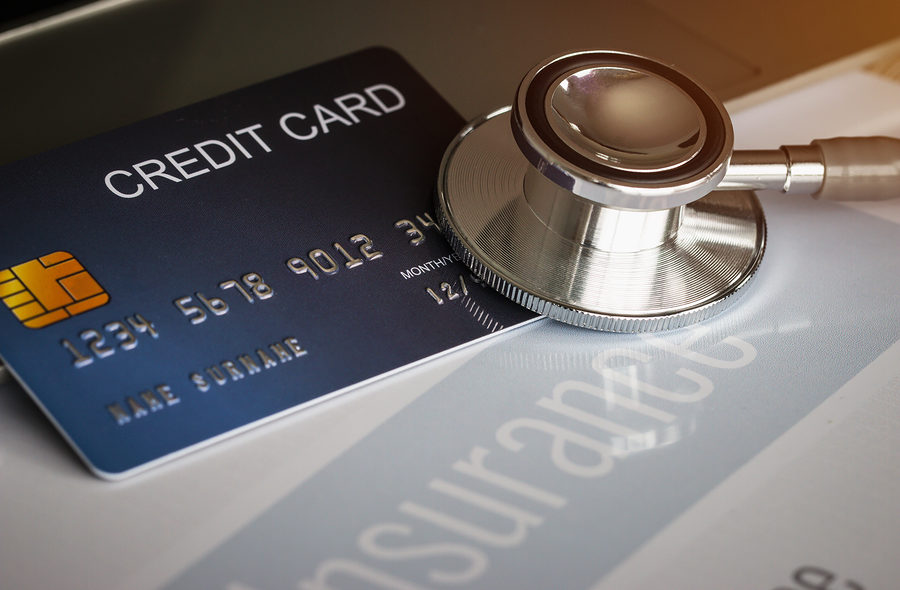 We all know that medical bills can be costly, especially when insurance only covers a small portion of the procedure. But recently, some doctors have been offering a solution to this problem- a special line of credit to help cover your bill. What seems like a perfect solution is becoming a credit nightmare for many. This “buy now pay later” option comes at a cost- high interest rates and severe penalties if payments are late or missed.
We all know that medical bills can be costly, especially when insurance only covers a small portion of the procedure. But recently, some doctors have been offering a solution to this problem- a special line of credit to help cover your bill. What seems like a perfect solution is becoming a credit nightmare for many. This “buy now pay later” option comes at a cost- high interest rates and severe penalties if payments are late or missed.
A growing number of health care professionals are urging patients to pay for treatment not covered by their insurance plans with credit cards and lines of credit that can be arranged quickly in the provider’s office. The cards and loans, which were first marketed about a decade ago for cosmetic surgery and other elective procedures, not typically covered by insurance, are now victimizing older Americans.
Patrcia Gannon, 78, learned the hard way when she signed up for Dr. Knelinnger’s medical credit card to cover her partial denture. The cost for the procedure was more than $5,700. She pays roughly $214 a month, which eats up about a third of her Social Security check. If she is late, she faces a penalty of $50. The interest rate for the card is 23 percent and she receives a 33 percent penalty rate if a payment is missed or late.
Doctors, dentists and other medical professionals have a financial incentive to recommend the financing because it encourages patients to opt for procedures and products that they might otherwise forgo because they are not covered by insurance. It also ensures that providers are paid upfront — a fact that financial services companies promote in marketing material to providers.
While medical credit cards resemble other credit cards, there is a critical difference: they are marketed by caregivers to patients, often at vulnerable times, such as when those patients are in pain or when their providers have recommended care they cannot afford or insurance will not pay for.
The problem has become so severe that attorneys in several states have filed lawsuits claiming that certain dental practices and other medical professionals have misled patients about the financial terms of the cards, employed high-pressure sales tactics and overcharged for treatments and billed unauthorized work.
The New York attorney general’s office found that health care providers had pressured patients into getting credit cards from one company, CareCredit, a unit of General Electric, which gave some providers discounts based on the volume of transactions. The investigation found that patients were misled about the terms of the credit cards, and in some instances, tricked into believing that they were agreeing to a payment plan with the medical provider when, in fact, they were being pushed into high-cost credit.
Click here to read more on this story and the dangers of medical credit cards.



